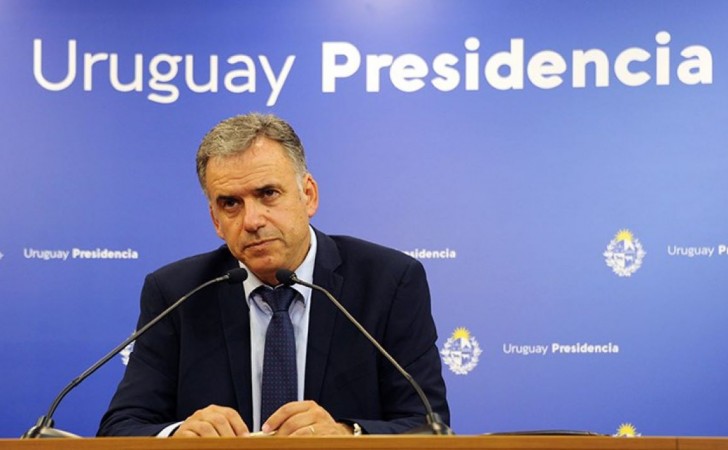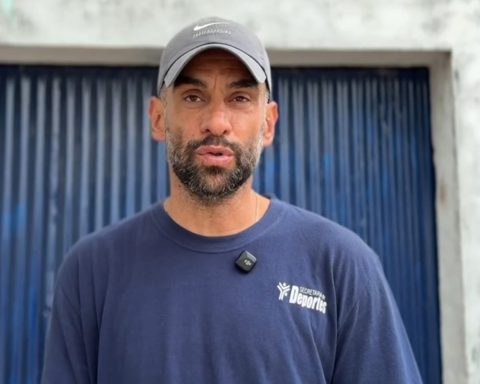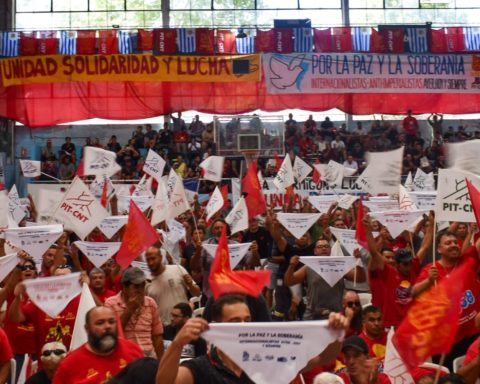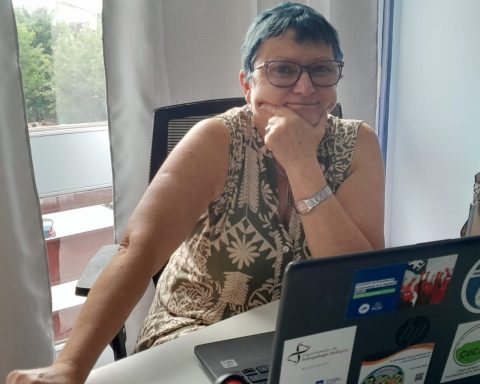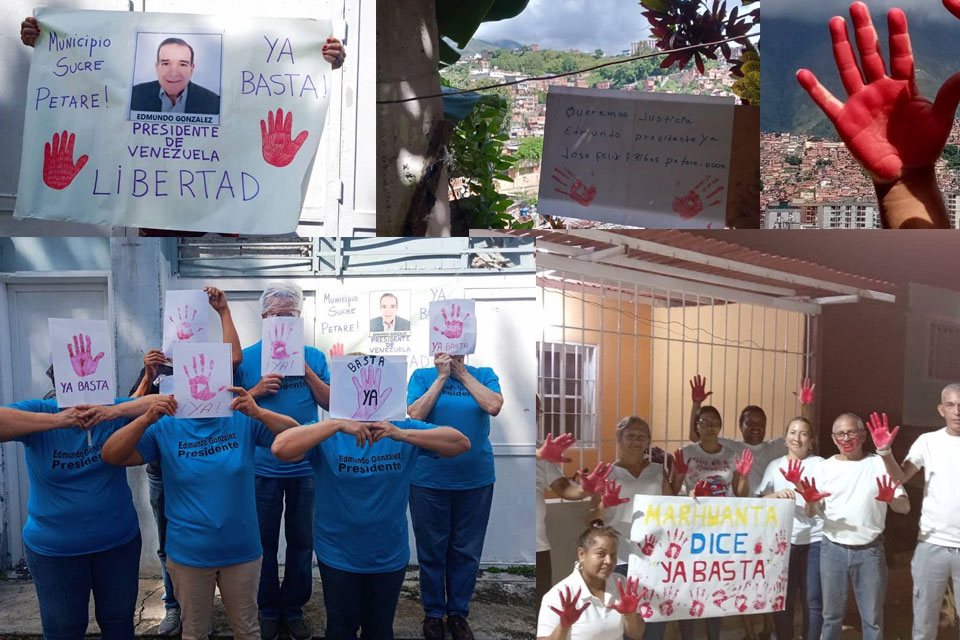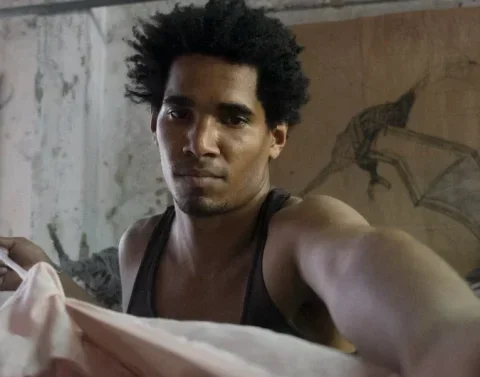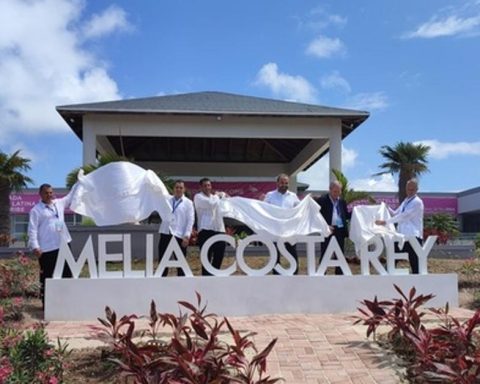
Yamandu Orsia history academic and disciple of the former president José “Pepe” Mujicaestablished himself as the new president of Uruguay, crystallizing the desire of the Uruguayan left to regain power in the recent elections.
With his victory over the official centre-right candidate Alvaro DelgadoOrsi, representative of the Frente Amplio party, has had a positive impact on the stability of the markets, contrary to what could be expected after a significant political change.
Considered a candidate left moderateOrsi faced a second electoral round that was much less close than what the polls predicted, but ultimately tight: 90,000 votes separated him from Delgado (three times more than the number that gave Luis Lacalle Pou victory over Daniel Martinez).
Both candidates, despite their different political backgrounds, They agreed on a common diagnosis of the challenges facing the country, such as an economy that has barely grown 1% in the last decade and a growing security crisis in cities. The central themes of their campaigns revolved around how to revitalize economic growth, combat child poverty and eradicate organized crime.
The Chilean media La Tercera, a newspaper with national circulation in the trans-Andean country, public an extensive article in which he predicts “more growth” for Uruguay and tranquility for local and regional markets. This right-wing, liberal and conservative newspaper wrote that Orsi came to power “Driven by a campaign to attract foreign investment to the country” to a Uruguay that has already become a favorite destination for many companies in the region. during the last years
And it is that the Chilean consortia They are no strangers to the Uruguayan market, a country with a population of 3.5 million people. Without a doubt They are attracted by legal security and political stability. “In the Chilean case, to the growing interest in the real estate sector and the purchase of land in the Uruguayan countryside by many private individuals, there are investments from companies such as Arauco (pulp mill), Enjoy (casino in Punta del Este), the Schiess group (hotels) and CCU (beverages and mineral waters business) for more than a decade, among others,” says La Tercera in its article signed by journalist Julio Nahuelhual and circulated this December 1.
Uruguay: The return of the moderate left to power that reassures the market and promises more growth //t.co/APidKhFEE7
— Julio Nahuelhual (@julioNahuelhual) December 1, 2024
The arrival of Orsi reassures businessmen and investors
The impact of this new leadership can already be seen in the investment community. Fernando Tisné, renowned manager and partner at Moneda Asset Management, has moved to Uruguay after the merger of his company with the Brazilian fund Patria Investments. His decision to establish himself in the Uruguayan capital reflects the attraction that the country exerts on Chilean and foreign businessmen.
From the economist’s perspective Aldo Lemaassociated with Grupo Security, the recent election has been a reflection of the healthy “quality of politics” in Uruguay. Lema points out that the electoral campaign was fought in a “moderate center”where both contenders shared similar ideologies and coincidences around the country’s main challenges.
“The Broad Front of the 90s in Uruguay was to the left, for example, of what the Concertación was in Chile. However, when he came to government, in 2005, he began to look a lot like the Chilean Concertación. Being a government made them more pragmatic. They moved towards the center from the point of view of public policies and from there they stayed in that position and did not move to the left,” describes Lema.
Although the new government faces the challenge of forming a coalition in a Congress where it does not have an absolute majority in the Chamber of Deputies, it is expected that it can collaborate with the opposition to implement effective policies due to its majority in the Chamber of Senators.
